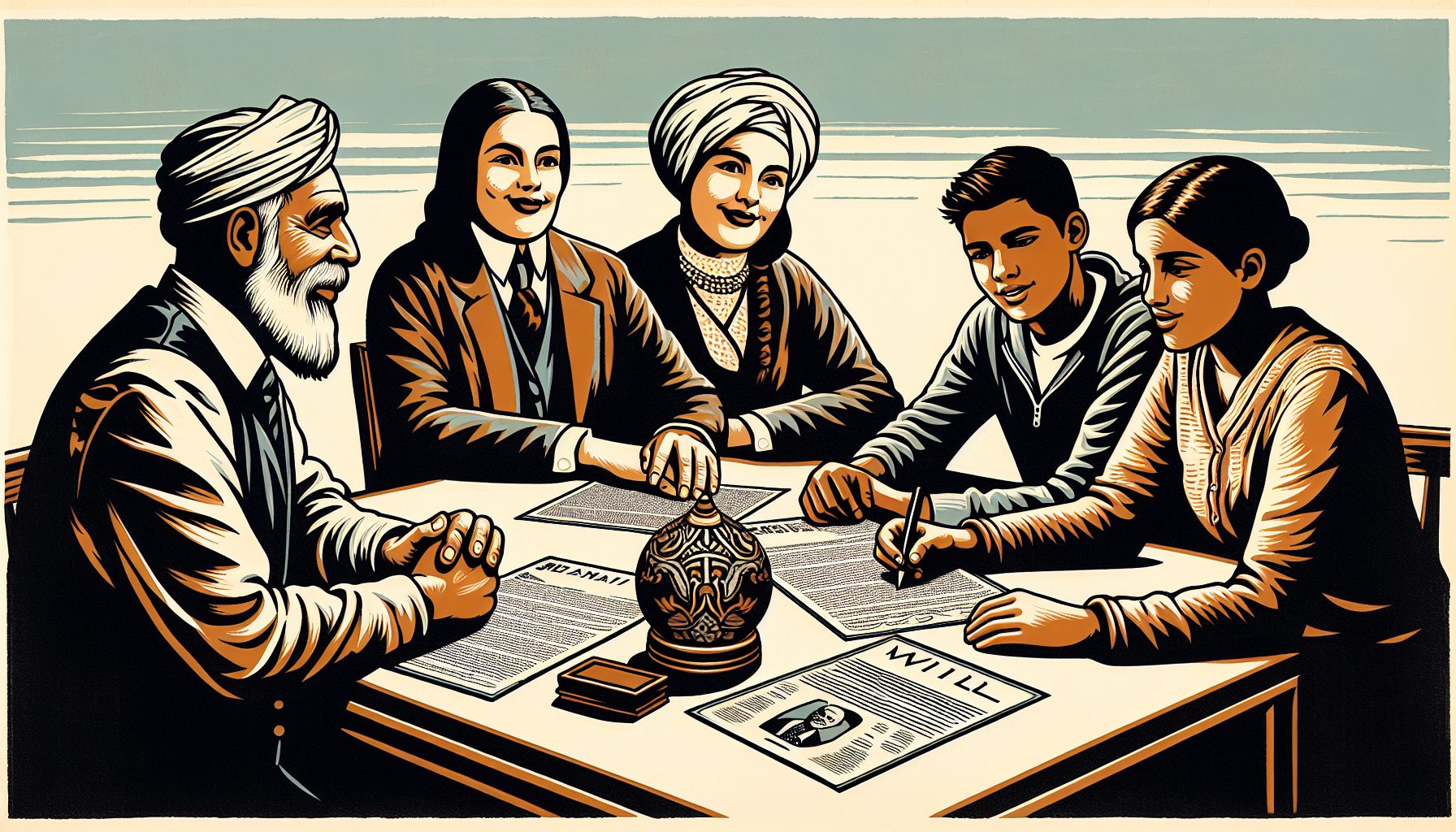Betting your business on a start-up, as EFS Network has done, is a tough decision for many customers given the number of vendors that have disappeared or been acquired over the last two years.
One protection that customers are seeking is to insist that vendors put their source code in escrow. The code is held by a disinterested third party—often a law firm or a bank—which acts in accordance with instructions agreed upon by both sides. This arrangement gives customers access to the source code if the vendor gets into trouble, usually if the vendor becomes insolvent or is unable to support the code.
“Everybody blew by this during the dot-com boom,” says Mike DeVries, CEO of Wakesoft, which launched in November of 2001, and whose server includes frameworks that simplify the development, deployment and reuse of applications based on Java 2 Enterprise Edition. “But the fact is that innovation comes from small companies. There are still hard problems—you would take medical care from a stranger if you were dying.”
Furthermore, Wakesoft customers–which include the financial adviser and National City Corporation subsidiary OneHarbor–expect a return on their first project, DeVries says. “Gone are the days when you could tell a customer they would wait 18 months to see ROI.”
EFS Network serves the foodservice industry and based its software infrastructure on a server from Model N, a two-year-old vendor in South San Francisco. Currently EFS’ distributor and manufacturer customers use the network to process and manage orders. In the future, if all goes as planned, customers will manage pricing and contracts, and will also use Web Services protocols to self-test their integration into EFS.
EFS director of product management, Brian Dames, says EFS chose Model N primarily for Model N’s Community Manager, a component embedded into Model N’s Business Network Server that allows rapid configuration of the trading relationships particular to each EFS customer. This makes adding new classes of customers to EFS Network—like the recent addition of Tyson Foods’ brokers–relatively easy.
EFS and Model N will not discuss the details of their contract, citing confidentiality. But EFS is working to become independent of Model N as quickly as it can.
EFS is a development partner of Model N’s and has a perpetual license to the Business Network Server. The companies negotiate on which features Model N will add to the server and which features EFS will add to the applications it develops for the server. EFS owns those applications, and it is investigating which of its technologies—such as the algorithm that allows EFS Network to highlight all changes made to an electronic order—could be patented.
Until recently, EFS developers and project managers resided on-site at Model N, taking increasing responsibility for the design and development of EFS’ software. On June 19—a year to the day after Model N and EFS signed their contract—EFS was declared independent and several employees went home to Chicago.
EFS CIO Tony Meigides is now working with Model N to help the company develop customer support and other services that EFS needs. “They do have support people but no processes,” says Meigides, who worked previously as a consultant for Accenture for around 12 years. “Typically companies hire consultants—they’re getting a freebie.”
Model N, meanwhile, says that EFS is no longer a typical customer, although it remains an important one—Model N founder Zack Rinat helped interview EFS’ executive team, including Meigides.
But Model N has been forced to shift its strategy to accommodate customer needs. When Rinat—who had sold his previous company called NetDynamics to Sun Microsystems in 1998–conceived of and funded Model N, he expected to create a holding company that would spin off online marketplaces for various industries, as well as a technology company that would provide software for those marketplaces. But by May of 2000, when Model N emerged to the public, only the software company remained.
“We pulled all those people and customers in-house,” Rinat told reporters at the time, saying that customers preferred to deal with Model N itself rather than an intermediary marketplace.
In the last few months Model N is emphasizing the sale of applications that run on top of its server rather than the server itself. Target customers are Fortune 500 companies–like Johnson & Johnson, which Model N recently signed–that manage long-term contracts with customers in regulated industries.
EFS board member Stan Ryan, president of North American Refined and Foodservice Oils for Cargill, an EFS cofounder, says the fact that Model N is a start-up is not one of the issues that keeps him awake at night, even though he considers well-functioning software to be the most important factor to EFS’ success. EFS and Model N share common investors– eMac Digital, which also cofounded EFS, is a joint venture between McDonalds and the Silicon Valley venture capital firm Accel-KKR, which in turn invested in 2001 in Model N’s second round.
“You take care of the people who pay you money, so you address their needs and serve them well,” Ryan says. “So far all the beta test people and pilot people are singing [Model N’s] praises. And [EFS CIO Tony Meigides] has a lot of experience in the software business, so he comes at everything with the angle that here is the primary path and then there are exit ramps or contingencies—he’s got contingency A and contingency B and contingency C.”
One young company—NuTech Solutions, founded in 1999–does not put its source code its escrow. CEO Matt Michalewicz says NuTech has several patents and considers its technology a competitive advantage—the company’s algorithms solve multi-variable problems like eliminating inventory out of supply chains and finding the best routes for armored cars. NuTech claims over 40 corporate and government customers, including Bank of America and the U.S. Department of Defense, and generates more cash from its operations than it consumes.
But NuTech is not a typical young company. Michalewicz, who says he graduated from the University of North Carolina at Charlotte in 1998, cofounded the company with his father, who chaired the computer science department at that same university and did research in Artificial Intelligence for over 20 years. Many of the 30-plus Ph.D.s who work at NuTech were people that the senior Michalewicz met during his academic career.
And the company has what it considers an ace in the hole. The former president of Poland, Lech Walesa, joined NuTech’s board in May. He is known for bringing American-style political and economic freedom to Eastern Europe.
“We also have a big dream to live the American dream,” Michalewicz says, “to build one of those companies like WalMart or Microsoft into an empire and a household name. What better person to help us than Lech Walesa, who freed Poland from Communism?”








